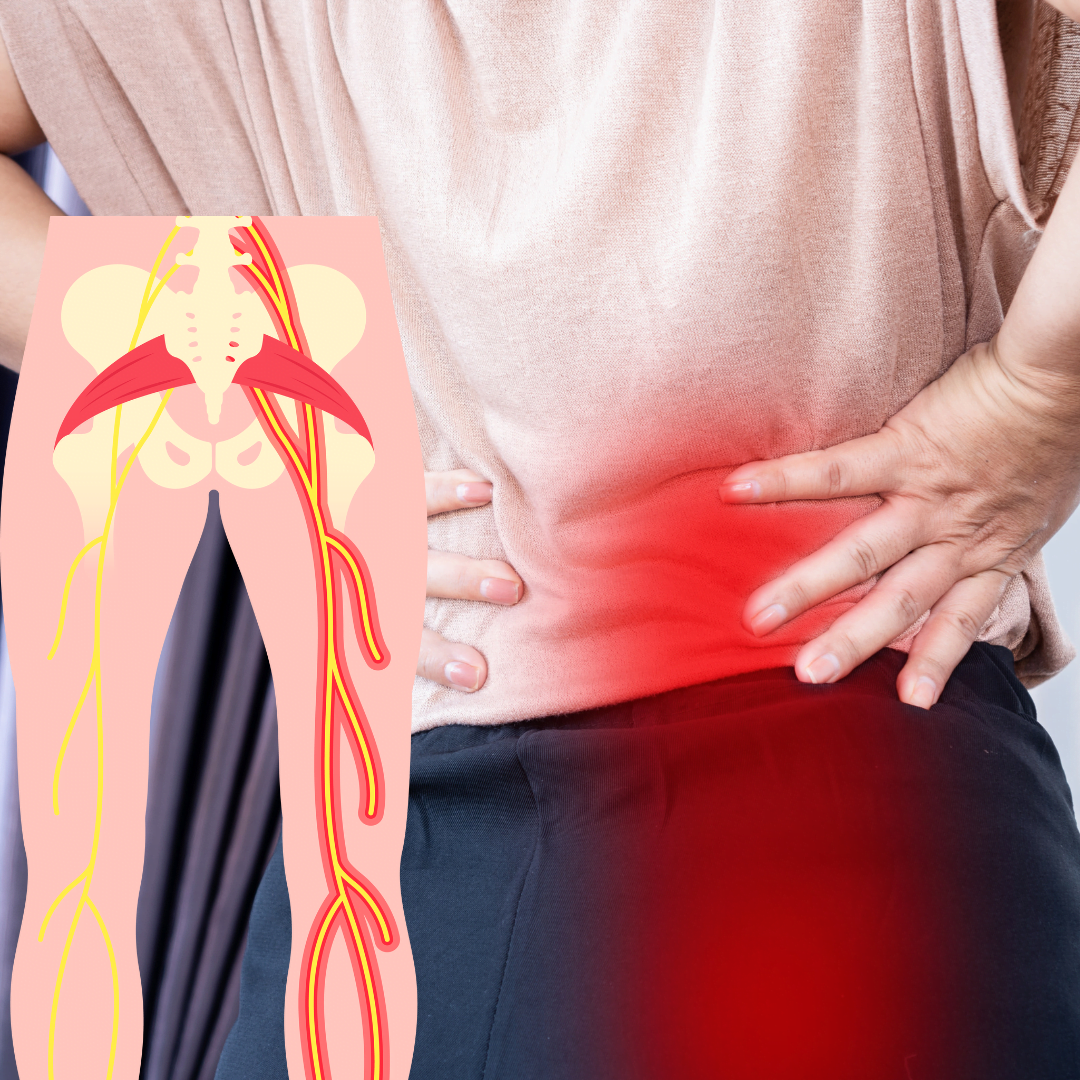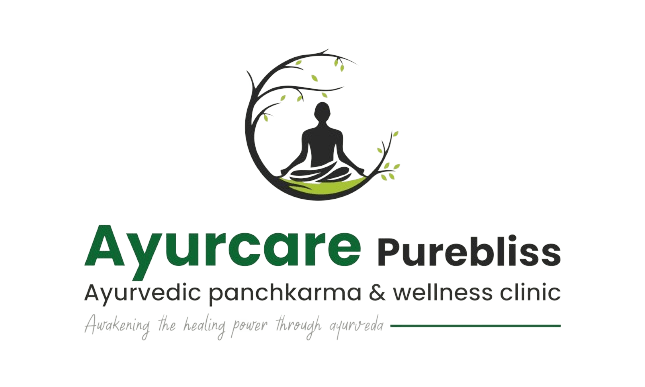Sciatica Ayurvedic Treatment
Everything in the universe is composed of the five elements: space, air, fire, water and earth.

Sciatica Ayurvedic Treatment
Sciatica, a prevalent condition, arises when the sciatic nerve, extending from the lower back down each leg, faces compression or irritation. The primary symptom is persistent pain that follows the nerve’s path, often accompanied by tingling or weakness. Sciatica commonly stems from herniated discs, spinal stenosis, or issues like piriformis syndrome.
Ayurvedic interventions offer a holistic approach to alleviate sciatica discomfort. Therapies like Abhyangam (massage) and Kati Basti (localized oil retention) aim to reduce inflammation and enhance spinal flexibility. Herbal remedies are also employed for their anti-inflammatory properties, providing natural relief. Adopting proper posture, regular exercise, and dietary adjustments form a vital part of the Ayurvedic approach, promoting overall well-being and managing sciatica symptoms effectively.
Causes of Sciatica
Sciatica stems from issues like herniated discs, spinal stenosis, or piriformis syndrome, leading to persistent pain along the sciatic nerve's pathway. Nerve compression due to these factors contributes to the discomfort associated with sciatica.
What are the common causes of sciatica?
Sciatica is often caused by herniated discs, where the gel-like substance puts pressure on the sciatic nerve. Additionally, spinal stenosis, narrowing of the spinal canal, and conditions like piriformis syndrome, involving muscle compression, contribute to sciatic nerve irritation.
Can trauma or injury lead to sciatica?
Yes, impact or injury to the spine can cause sciatic nerve irritation, becoming a significant factor in the onset of sciatica. Understanding these causes helps tailor effective interventions for managing and alleviating sciatic pain.
Can lifestyle choices contribute to sciatica?
Yes, certain lifestyle factors such as poor posture, prolonged sitting, and lack of exercise can contribute to sciatica by affecting the health of the spine and increasing the risk of nerve compression.
How does degenerative disc disease play a role in sciatica?
Degenerative disc disease, characterized by wear and tear on spinal discs, can lead to nerve compression, aggravating the symptoms of sciatica. It adds to the factors influencing discomfort along the sciatic nerve’s pathway.
Is sciatica always caused by herniated discs?
No, while herniated discs are a common cause, sciatica can also result from spinal stenosis, where the spinal canal narrows, and piriformis syndrome, involving muscle compression in the buttocks.
How does aging impact the likelihood of developing sciatica?
Aging can lead to degenerative changes in the spine, including disc wear and tear. As a result, the risk of sciatica may increase with age due to the cumulative effects of these changes.
Symptoms Of Sciatica
- Radiating Pain: Persistent pain along the sciatic nerve's path, often starting in the lower back or buttocks and extending down one leg.
- Tingling and Numbness: Sensations of tingling or numbness in the affected leg, indicating nerve involvement.
- Weakness: Muscle weakness in the leg, making it challenging to perform regular activities.
- Worsened Pain with Movement: Experiencing intensified pain, especially during activities like walking, standing, or sitting for extended periods.
- Difficulty in Foot Movement: Impaired ability to move the foot or toes, highlighting nerve-related issues.
- Sharp Shooting Pain: Occasional sharp, shooting pains, particularly in the leg or buttocks.
- Aggravation with Sneezing or Coughing: Increased discomfort during actions that exert pressure on the spine, such as sneezing or coughing.

Ayurvedic Treatment For Sciatica
- Balancing Doshas: Ayurvedic treatments aim to restore balance to the individual's doshas, particularly Vata, which plays a key role in sciatic nerve-related issues.
- Ayurvedic Formulations: Customized herbal formulations based on individual dosha imbalances may be recommended for a targeted and personalized approach to sciatica relief.
- Panchakarma Therapies: Detoxification procedures like Virechana (purging) or Basti (enema) may be utilized to eliminate toxins contributing to nerve inflammation.
- Yoga and Exercise: Tailored yoga poses and exercises aim to enhance flexibility, strengthen the spine, and alleviate pressure on the sciatic nerve.
- Kati Basti (Localized Oil Retention): This technique involves creating a pool of warm herbal oil around the lower back, providing targeted relief to the sciatic nerve.
- Ayurvedic Supplements: Specific herbal supplements, such as Guggul and Shallaki, known for their anti-inflammatory properties, may be suggested to support the healing process.
- Lifestyle Adjustments: Incorporating proper posture, avoiding prolonged sitting, and maintaining a healthy lifestyle contribute to long-term sciatica management.
Get in Touch

Phone Consultation

Online Consultation

Clinic Consultation
- Care@ayurcarepurebliss.com
- +91- 8329866286
